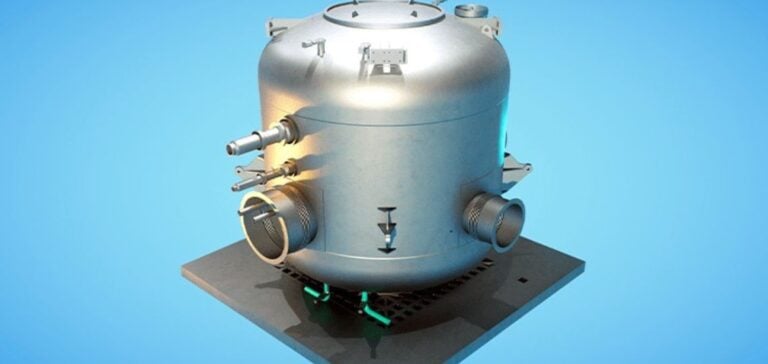ORLEN Synthos Green Energy (OSGE) has signed strategic cooperation agreements with North American companies Aecon Group Inc, AtkinsRéalis and GE Hitachi Nuclear Energy for the deployment of BWRX-300 modular reactors in Poland. The agreements were formalized at a ceremony in Warsaw, attended by Canadian minister Mary Ng and Canada’s ambassador to Poland, Catherine Godin. The aim of these partnerships is to support the development and commissioning of SMR (Small Modular Reactors ) in Poland. OSGE, a joint venture between Synthos Green Energy (SGE) and PKN Orlen, plans to deploy the first reactor before the end of the decade. Poland had already taken a structured step towards its first nuclear project with the IAEA mission.
Energy Capacity Building
Cooperation agreements include a strategic partnership with Aecon and AtkinsRéalis for reactor construction and management. Ian Edwards, President and CEO of AtkinsRéalis, said the collaboration positions the companies as key partners for large-scale energy projects in Poland. Aecon, which already has significant experience in building BWRX-300 reactors in Canada, is contributing its expertise to ensure the success of the project in Poland. Thomas Clochard, Executive Vice President at Aecon, emphasized the importance of this collaboration for the Polish energy sector.
Market outlook
The deployment of BWRX-300 modular reactors is designed to meet Poland’s growing demand for electricity while diversifying its energy sources. This project represents an opportunity for the companies involved to strengthen their position in the European energy market. By working with experienced partners such as Aecon and AtkinsRéalis, OSGE ensures that it benefits from best practices in nuclear construction and project management. This initiative could also pave the way for other similar projects in Europe.
Strategic advantages
Modular reactors offer a number of advantages, including operational flexibility and lower construction costs than traditional nuclear reactors. For Poland, this technology means greater energy security while meeting market needs. The agreements also strengthen economic and technological ties between Poland and Canada, opening up opportunities for future collaboration in other strategic sectors.






















